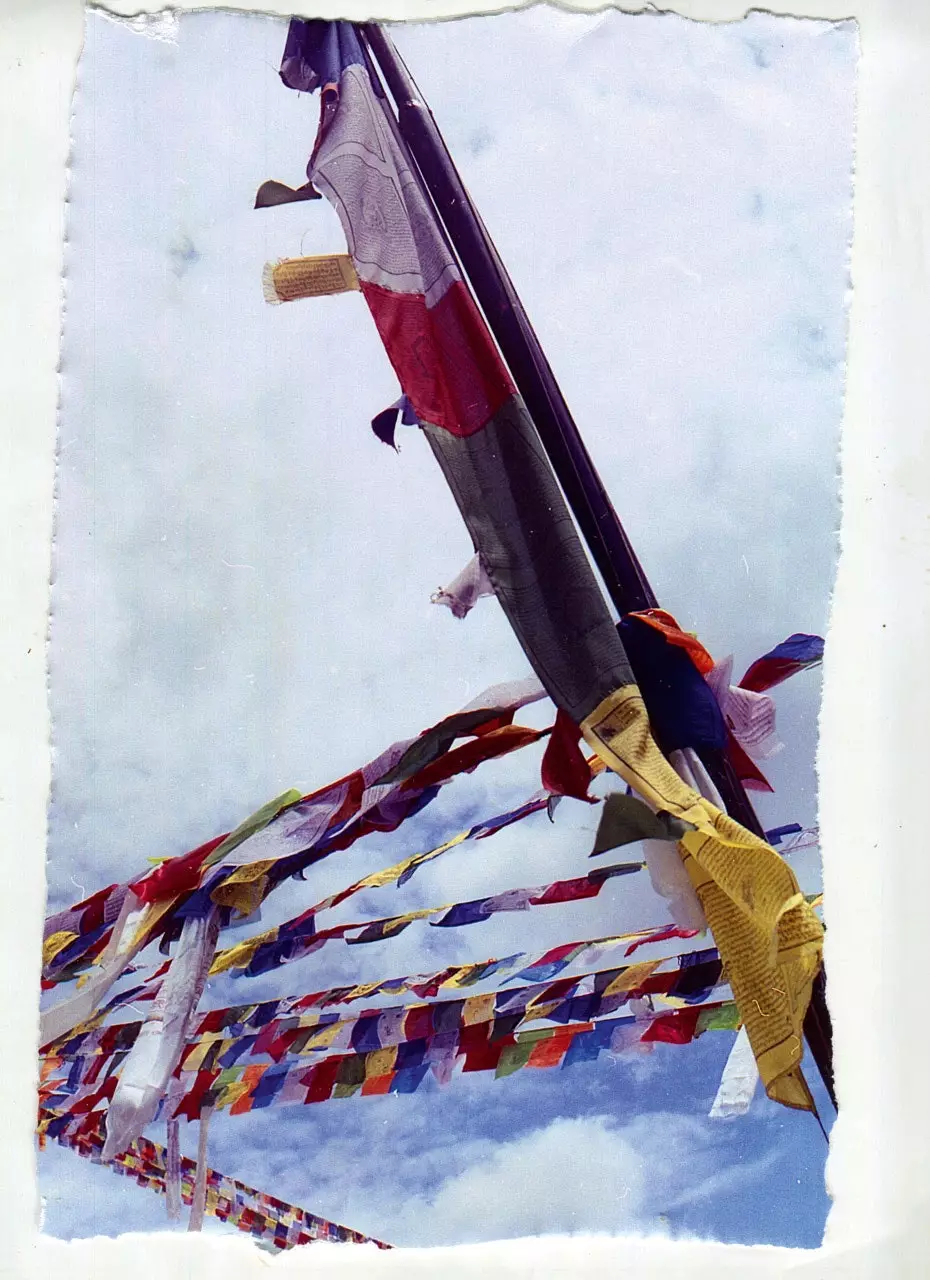If some fashion companies try to make their made in nepal –for obvious reasons–, others like Hemper make it their reason for being.
The Spanish firm recovers the traditional textile techniques of the hemp that have existed for centuries in the nepali mountain villages to produce their entire designer backpacks in a way that respects the environment and as a vehicle for the social and economic development of its workers.
This plant, from which everything is used and which offers one of the least polluting fibers ( does not need herbicides or pesticides because it rarely suffers from pests ) and is resistant, naturally antimicrobial and capable of blocking ultraviolet light, it is cultivated and collected and then boiled to obtain the yarn by joining its internal threads.
A group of women from Kathmandu , who are part of a low-income community in the budhanilkantha neighborhood They wash the thread and prepare it to make fabrics that the tailors will later turn into backpacks.
You can buy them online and they come wrapped in another souvenir with a Nepalese flavor: a reusable rice sack.
In addition, the label is made of handmade cotton paper and is manipulated in our country by people with intellectual disabilities: there are seeds inside, another way of cultivating a better world.
_*This report was published in **number 121 of Condé Nast Traveler Magazine (September)**. Subscribe to the printed edition (11 printed issues and a digital version for €24.75, by calling 902 53 55 57 or from our website). The September issue of Condé Nast Traveler is available in its digital version to enjoy on your preferred device. _

Hemper: Made in Nepal
